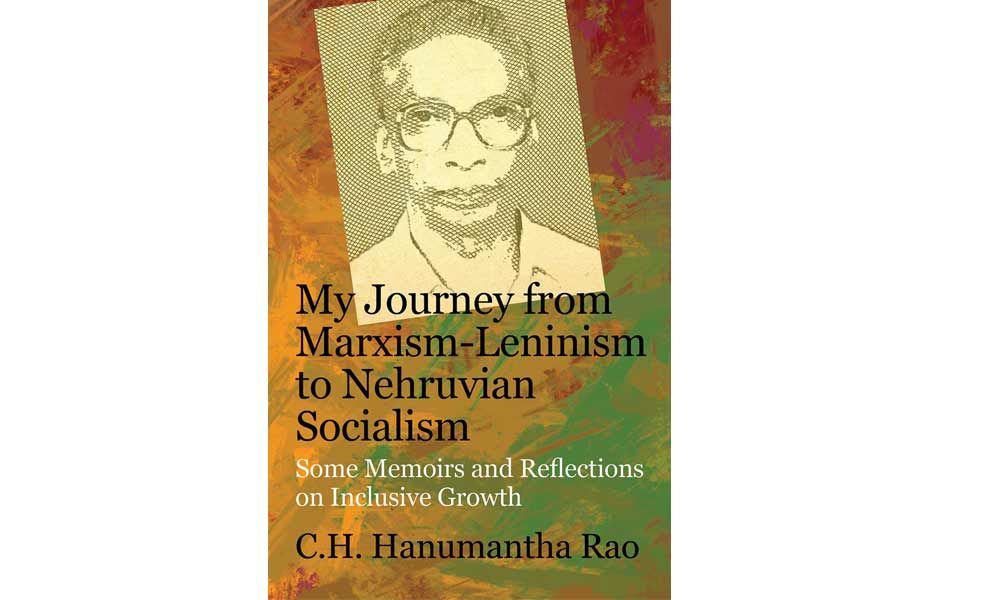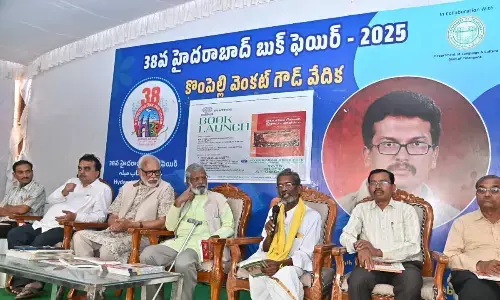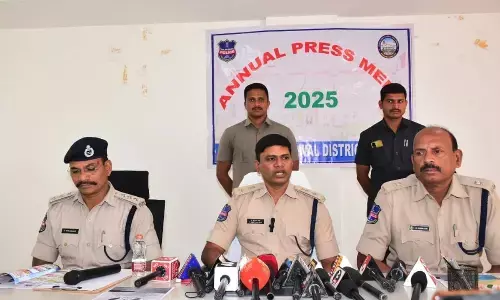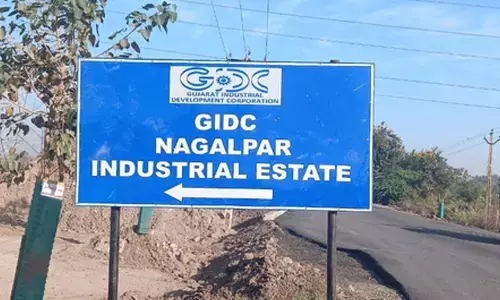Development challenges to Telangana State

‘My Journey from…’ is an informed memoir by one of the most respected and eminent economists of modern India – CH Hanumantha Rao. In this extract the author talks about development challenges to the newly formed state…
It is a privilege for me to get this opportunity for meeting and interacting with the first elected representatives of the Telangana state. After its creation as a separate state, Telangana is better placed in several respects.
It has the usual advantages of viability of a smaller state in terms of area and population as well as relative homogeneity of its history and culture. There is a predominance of weaker sections in the State, BCs (backward classes), SCs (scheduled castes), STs (scheduled tribes), and minorities together constituting nearly 90 per cent of its population.
This underlines the need as well as possibilities of achieving inclusive growth because of political empowerment of weaker sections. They now have control over their resources and the power to shape their destiny.
The state of Telangana has the advantage of 'surplus' revenues on account of under-spending in the region in the past. On the basis of the data for the last 10 years, the projections made by the 14th Finance Commission show higher revenues and lower expenditure per capita for Telangana when compared to Andhra.
The Bhargava Committee had brought out the same position for the 1950s and the 1960s. This position persisted over the last 60 years, but remained hidden so far because the accounts related to the undivided state as a whole.
Now it has come into open because of bifurcation showing higher per capita revenue expenditure with revenue deficit for Andhra Pradesh state and revenue surplus with lower per capita revenue expenditure for Telangana state.
Therefore, the misinformation being spread, particularly in Delhi, that Andhra Pradesh is a victim of whereas Telangana is an undue beneficiary will not carry any credibility. The real position needs to be explained effectively by the elect eel representatives of Telangana.
However, the greatest asset for the Telangana states is non-monetary, that is, the emergence of peoples' power out 0f protracted struggle, particularly over the last decade.
This is exemplified by greater awareness among the people, their unity and capacity for community action. No doubt, they have high expectations from governance, but if their power is properly harnessed by securing their effective participation in PRIs (panchayat raj institutions), the results can be encouraging from better designing of the schemes as well as ensuring greater accountability of performance.
The spontaneous response to the Mission Kakatiya from different sections of rural population for restoring and renovating tanks and the immediate positive response of the Chief Minister to the requests from the people for more grants towards restoration of certain tanks, as seen in Nalgonda the other day, is an encouraging development.
The decline in surface irrigation and excessive dependence on well irrigation can be reversed by Mission Kakatiya. NITI Aayog (National Institution for Transforming India) has been set up at the Centre for strengthening the planning process as a 'think tank' as well as Cooperative Federalism through greater participation of states.
In fact, way back in the mid-1980s, when I was in the Planning Commission, the then Prime Minister Rajiv Gandhi had visualised making Planning Commission basically a 'Think Tank' working on long-term issues of development rather than becoming a bureaucratic machinery concerned with day-to-day issues.
He had pioneered the introduction of IT (information technology) so as to benefit from globalisation and, at the same time, strengthening of PRIs by empowering the common people with a view to ensuring to them the benefits of development.
As a member of the task force, he had constituted for this purpose, I could see how difficult it is to strengthen such grass roots institutions because of resistance from vested interests, even as the spread of IT and globalisati0n was a resounding success.
- Extracted with permission




















